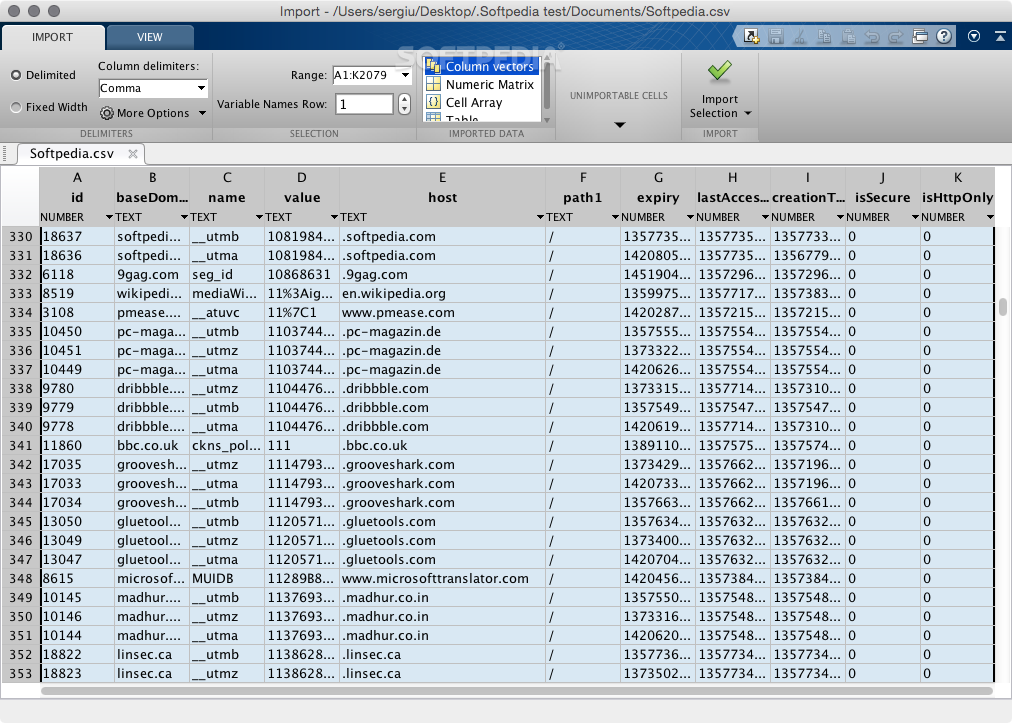

- #MATLAB CUDA EMULATOR HOW TO#
- #MATLAB CUDA EMULATOR PLUS#
The value of options can be inspected with = chop. To avoid repeatedly passing the options argument, one can issue a call chop(,options) and the subsequent calls will use the previously given options parameters. This option is useful for exploring low precisions independent of range limitations.
If options.explim = 0 (default 1) then emax (the maximal exponent) for the specified arithmetic is ignored, so overflow, underflow, or subnormal numbers will be produced only if necessary for the data type of X. This option is useful for simulating soft errors. If options.flip = 1 (default 0) then each element of the rounded result has, with probability options.p (default 0.5), a randomly chosen bit in its significand flipped. 6: stochastic rounding-round to the next larger or next smaller floating-point number with equal probability.įor stochastic rounding, exact floating-point numbers are not changed. 5: stochastic rounding-round to the next larger or next smaller floating-point number with probability proportional to 1 minus the distance to those floating-point numbers. 3: round towards minus infinity (round down). #MATLAB CUDA EMULATOR PLUS#
2: round towards plus infinity (round up). 1: round to nearest using round to even last bit to break ties (the default). The form of rounding is specified by options.round:.  1 = support subnormals (the default for fp16, fp32, and fp64). 0 = do not support subnormals (the default for bfloat16),. options.subnormal specifies whether subnormal numbers are supported (if they are not, subnormals are flushed to zero):. In the last case the (base 2) format is defined by options.params, which is a 2-vector, where t is the number of bits in the significand (including the hidden bit) and emax is the maximum value of the exponent. ‘d’, ‘double’, ‘fp64’: IEEE double precision,. ‘s’, ‘single’, ‘fp32’: IEEE single precision,. ‘h’, ‘half’, ‘fp16’: IEEE half precision (the default),. The arithmetic format is specified by options.format, which is one of. The structure options controls various aspects of the rounding, as we now explain. X should be a single precision or double precision array and the output will have the same type.
1 = support subnormals (the default for fp16, fp32, and fp64). 0 = do not support subnormals (the default for bfloat16),. options.subnormal specifies whether subnormal numbers are supported (if they are not, subnormals are flushed to zero):. In the last case the (base 2) format is defined by options.params, which is a 2-vector, where t is the number of bits in the significand (including the hidden bit) and emax is the maximum value of the exponent. ‘d’, ‘double’, ‘fp64’: IEEE double precision,. ‘s’, ‘single’, ‘fp32’: IEEE single precision,. ‘h’, ‘half’, ‘fp16’: IEEE half precision (the default),. The arithmetic format is specified by options.format, which is one of. The structure options controls various aspects of the rounding, as we now explain. X should be a single precision or double precision array and the output will have the same type. #MATLAB CUDA EMULATOR HOW TO#
We have made use of chop to simulate fp16 and bfloat16 in several recent papers, including on mixed precision algorithms, probabilistic rounding error analysis, and fast and accurate summation.Ī call to chop has the form chop(X,options), where the structure options spceifies how to round the elements of the real array X to a lower precision arithmetic.

The motivation behind chop is described in this open access paper in SIAM.

It gains speed and generality at the cost of requiring chop calls to be inserted in the code.Ĭhop is available from this GitHub repository and from MathWorks File Exchange. Our approach avoids the overheads of repeatedly converting to and from the special storage format. Our approach can be compared with defining a new data type and storage format and converting to and from single precision or double precision in order to carry out the computations. The precision and range, as well as various other parameters, can be changed at any point in the computation. The idea is very simple: variables are stored in fp32 or fp64 and then rounded to the required precision and exponent range after each operation by calling chop. Srikara Pranesh and I have written a MATLAB function chop that allows arithmetic of arbitrary precision and exponent range (both lower than fp64) to be simulated.








 0 kommentar(er)
0 kommentar(er)
